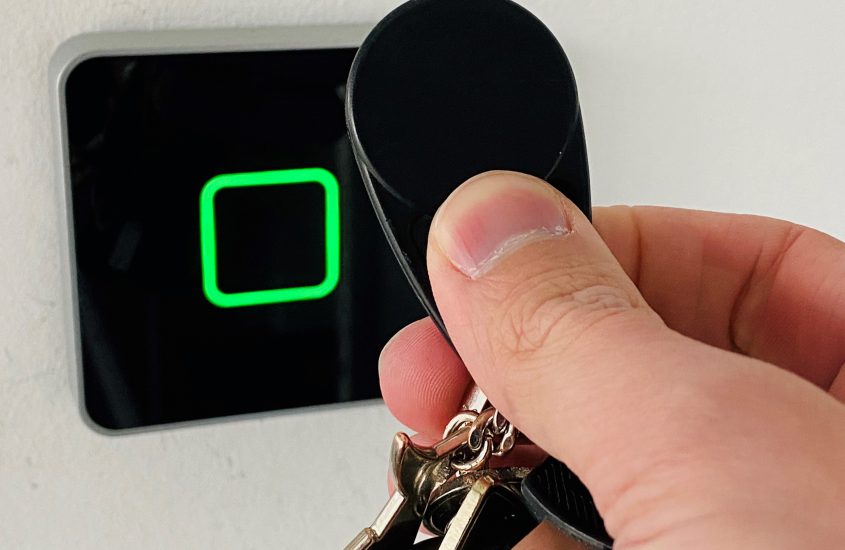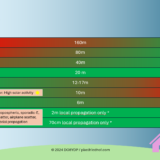Why Fingerprint is not a good idea

When it comes to implementing fingerprint solutions for time recording or access control, many companies have so far laughed about the hygiene aspects. The coronavirus and the associated preventive measures and media attention finally make this argument appear legitimate.
During my time as an HR consultant I received many requests from companies that no longer wanted to carry out their time stamping or access control with expensive ID media, but instead with fingerprinting. In my opinion there are some arguments against it. In addition to often high error rates due to dirt on the skin or terminal or the initial effort involved in the initial capture of fingerprints, hygienic aspects must also be considered.
While the first two arguments are catchy or can at least be quantified with direct economic expenditure, the hygiene point is often mocked. Even the insistent advice that fingerprint terminals can be real drivers of sick leave in times of influenza is rarely heard.
Logically, this warning applies not only to fingerprint solutions in the HR or facility management sector, but also to fingerprint solutions on all devices used by several people in public transport, security infrastructure in the public sector, and so on.
The current outbreak of the coronavirus now gives the hygiene argument some support, not least because of the media attention and the fear of infection that is anchored in many parts of the population.
To all those companies who wanted to use fingerprint for clocking in and out at the time recording terminal or for access control and whose consultants advised against it: You’ re welcome.



